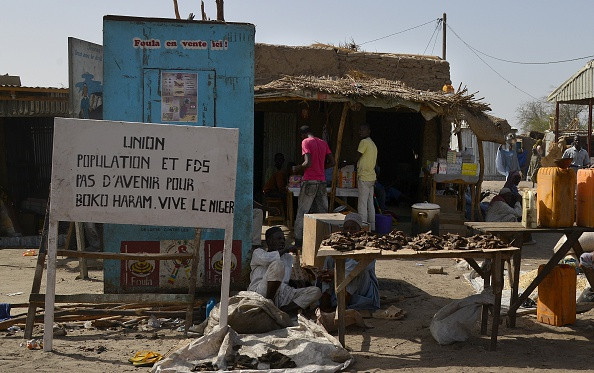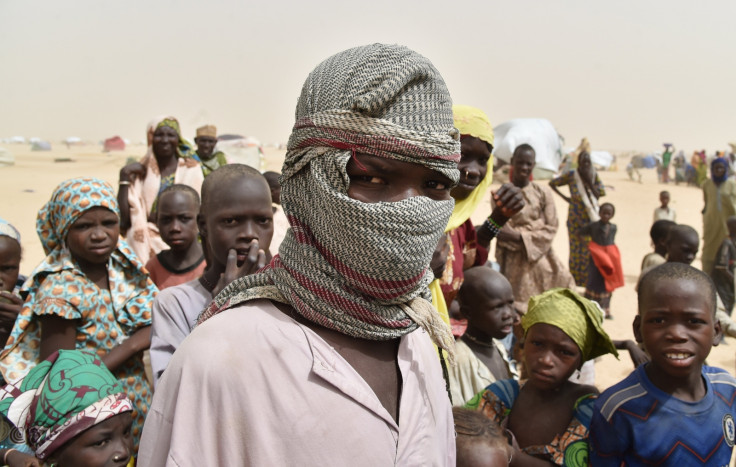War against terror: Niger launches amnesty and deradicalisation program for Boko Haram deserters
Announcement comes days after Islamist group Boko Haram lost major stronghold in Nigeria.

The government of Niger has announced the launch of an amnesty and reintegration program for former fighters of the jihadist group Boko Haram as part of its counter-terror strategy.
Boko Haram has killed 15,000 people and displaced more than 2 million during a seven-year insurgency aimed at creating an Islamic state in Nigeria. In recent years its attacks have spilled into neighbouring Niger, Cameroon and Chad.
Niger's Minister of the Interior and Public Security, Mohamed Bazoum, announced the new program on Wednesday (28 December) during a visit to Diffa, in the south-east of the country, where he met 31 former fighters.
"We will guarantee them security, we will avoid them in prison, we will avoid any legal proceedings. And we will move towards a form of care," Bazoum said at the attention of fellow Nigerien enlisted in the jihadist group, as he called for them to lay down their arms.
For these veterans, amnesty is a fundamental principle, and ex-fighters will not be jailed after their surrender. First, authorities in Niamey will ensure that former combatants are held in a so-called "transit camp" - either in Diffa where a camp is already operational, or another currently under construction. "There, we will set them up and teach them a number of activities," Bazoum explained, according to Radio France Internationale.
As part of "deradicalization" initiatives, authorities said they will undertake to train and reform ex-militant's psychological and behavioural process in order for them to abandon their extremist ideas. "We are going to implement a de-radicalization program. We will gradually prepare them for their social reintegration," Bazoum added.
Commentators say carrying out de-radicalization programmes may be difficult, as many young people enlisted in Boko Haram may have not done so for ideological reasons, but because they were promised attractive salaries by the jihadists who recruited them.
31 fighters surrender hoping for 'government pardon'
Bazoum's announcement came a day after dozens of Boko Haram fighters gave themselves up to authorities in the remote desert town of Diffa, days after the Ismalist group lost its major stronghold, Sambisa Forest, in Nigeria's north-east to the country's forces.
"31 young people from Diffa, who were enrolled a few years ago in Boko Haram, decided to surrender," Bazoum wrote on Twitter on 27 December.
"I learned that the first who surrendered were not arrested, and I surrendered," a former Boko Haram combatant told national television. "We expect a pardon from the government so that we can participate in the development of the country and help us get rid of the trauma."
In June, tens of thousands of people fled Diffa as Boko Haram swept the region.

© Copyright IBTimes 2025. All rights reserved.






















